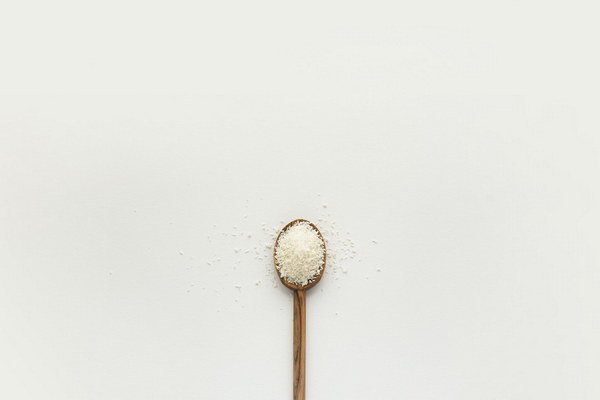Liver and Kidney Care for the Experienced Drinker Tips for Long-Term Alcohol Consumption
As the saying goes, A glass of wine a day keeps the doctor away, but for those who have developed a habit of regular alcohol consumption, the question of how to care for their liver and kidneys becomes increasingly important. Long-term alcohol intake can lead to a range of health issues, including liver disease and kidney damage. Here are some effective strategies and tips to help you maintain liver and kidney health even if you're a seasoned drinker.
1. Limit Your Alcohol Intake
The first step in protecting your liver and kidneys from the effects of alcohol is to reduce your consumption. Moderation is key. The National Institute on Alcohol Abuse and Alcoholism (NIAAA) suggests that for men, no more than two drinks per day and for women, no more than one drink per day can be considered moderate drinking.
2. Choose Your Beverages Wisely
Not all alcoholic beverages are created equal. Some contain fewer calories and less alcohol than others. Opt for lighter options like light beer, dry wine, or spirits with a lower proof. Avoid high-alcohol drinks and mixers that can contain a lot of sugar, which can exacerbate liver stress.
3. Stay Hydrated
Drinking alcohol dehydrates your body. To counteract this, make sure to drink plenty of water throughout the day. Hydration helps your liver process alcohol more efficiently and can also aid in flushing out toxins from your kidneys.

4. Eat a Balanced Diet
A healthy diet can support your liver and kidneys. Include a variety of fruits, vegetables, whole grains, lean proteins, and healthy fats in your meals. Foods rich in antioxidants, such as berries, leafy greens, and nuts, can help reduce oxidative stress on your liver. Also, consider foods that are known for their liver-friendly properties, like beets, artichokes, and leafy greens.
5. Exercise Regularly
Regular physical activity can improve liver function and help prevent obesity, which is a risk factor for both liver and kidney diseases. Exercise also promotes better kidney health by improving blood flow and reducing the risk of high blood pressure and diabetes, both of which can harm the kidneys.
6. Avoid Smoking
Smoking is a major risk factor for liver disease and can also damage the kidneys. If you're a smoker, quitting can significantly improve your liver and kidney health.
7. Get Regular Check-Ups
Regular health screenings are crucial, especially for those who consume alcohol regularly. Liver function tests, blood pressure checks, and kidney function tests can help detect any issues early on.
8. Manage Stress
Chronic stress can contribute to liver and kidney problems. Practice stress-reducing techniques such as meditation, yoga, or deep-breathing exercises to keep your body in a healthier state.
9. Limit Non-Alcoholic Fatty Liver Disease (NAFLD) Risk Factors
NAFLD is a condition where excess fat builds up in your liver and is often associated with obesity, high blood sugar, and high cholesterol levels. Limiting these risk factors can help protect your liver.
10. Seek Professional Help if Needed
If you're struggling to reduce your alcohol intake or manage your liver and kidney health, don't hesitate to seek help from a healthcare professional. They can provide guidance and support tailored to your specific needs.
In conclusion, while alcohol consumption can be a part of a social life, it's essential to approach it with care, especially if you're a frequent drinker. By implementing these strategies, you can help mitigate the potential damage to your liver and kidneys, promoting a healthier lifestyle over the long term.









